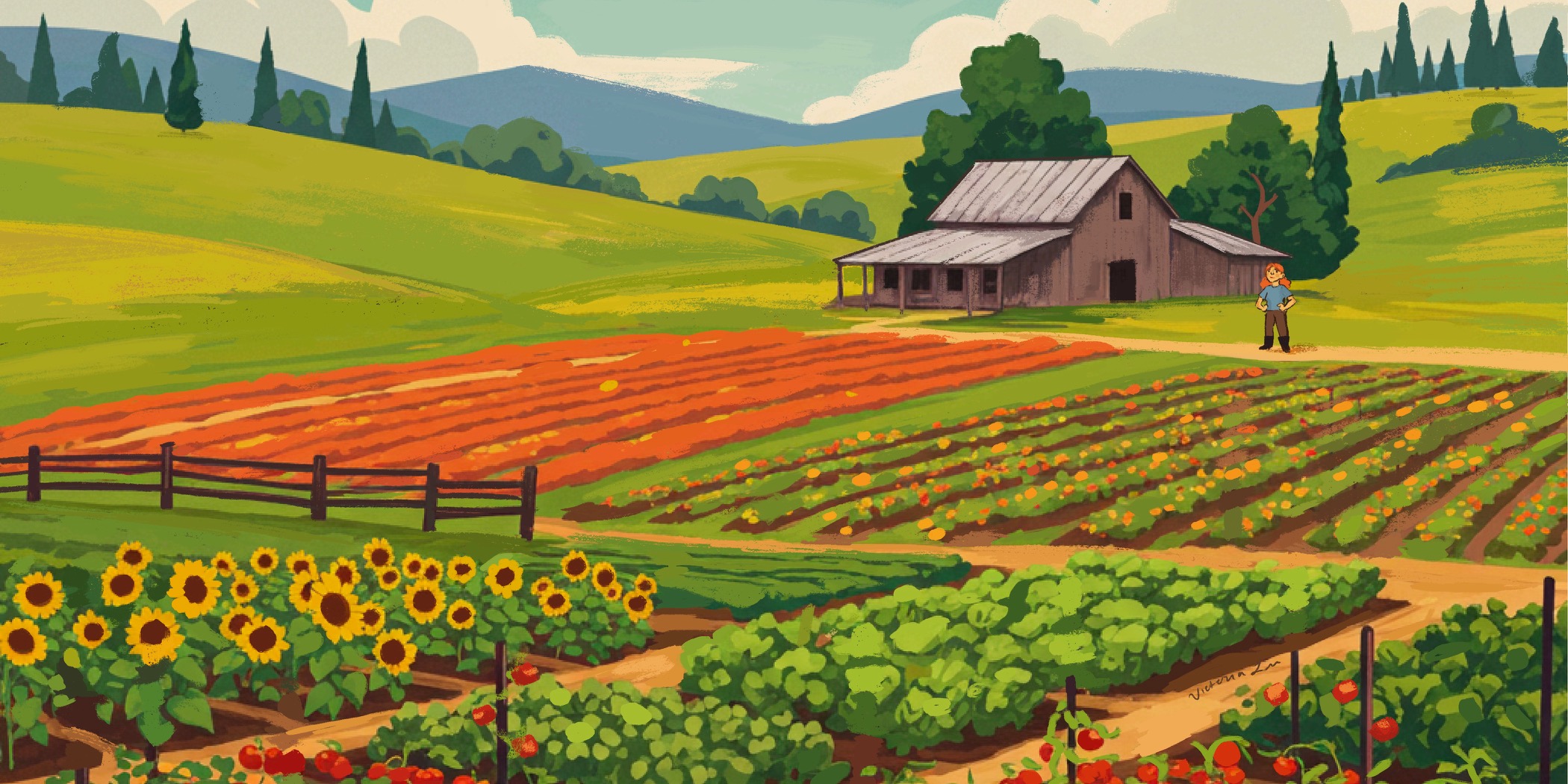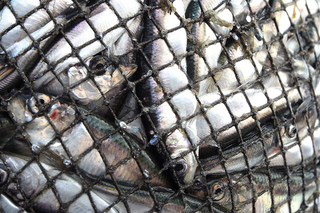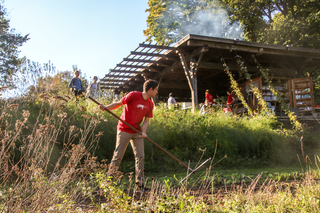The creation of our global food supply is essential for human life and health, yet it takes a significant toll on the environment, and contributes substantially to climate change.
- Regulation of Food Safety
- Agriculture & Subsidies: policy and economic impacts
- Deforestation for Agricultural Development: global case studies
- Food Systems & Climate Change
- Food & Plastics: packaging, waste, and environmental impacts
- Gender & Agriculture: roles, equity, and empowerment
- Agricultural industry consolidation and ownership
- Globalization of Diets: Loss of Cultural Distinctiveness
- Diet & Health: Cancer, Diabetes, CV Disease, Obesity
- International Trade and food systems
- Sustainable and regenerative agricultural practices
- Food security and access in urban and rural environments
- Pesticides and agriculture
- Biocides
- Bachelor of Science (BS): Emphasizes social, anthropological, political and economic aspects of
food systems
- Bachelor of Arts (BA): Focuses more on scientific and technical aspects of food production,
agriculture, and health
- Food policy development and analysis
- Sustainable agriculture management
- Government Regulatory Agencies (EPA, USDA, FDA, DHHS)
- Environmental management in public and private sectors
- Food and agricultural law
- Sustainable food systems consulting
- Non-profit organizations focused on food security and sustainable agriculture
- International development agencies
- Food industry innovation and sustainability roles
Suggested Coursework
Students in the Food & Agriculture Concentration must complete six courses of their choosing related to food and agriculture.
Related Organizations
-
Harvest
The program is for students excited about food, farming, and community.
-
Yale Law, Ethics & Animals Program (LEAP) at Yale Law School
LEAP leads and coordinates a diverse program of activities that serve students and scholars at Yale to advance the field of animal law.
-
Yale Sustainable Food Program
On the farm, in the classroom, and around the world, the Yale Sustainable Food Program grows food-literate leaders.



